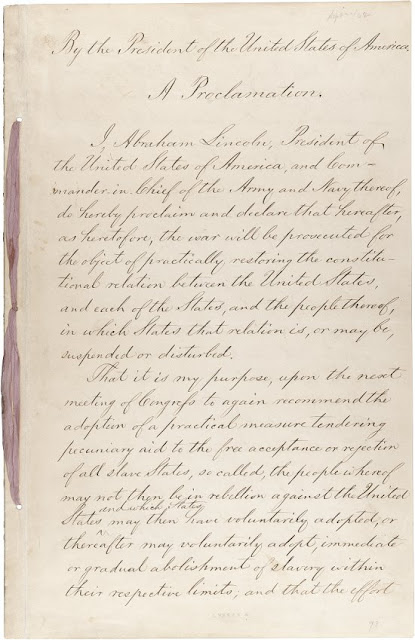This year marks the 30th anniversary of Banned Books Week, sponsored by the American Library Association. This year's honorary chairs are Bill and Judith Moyers--truth-speaking journalists. The official celebration kicks off this Sunday, September 30. The very notion of "banned books" continues to confound me in a country which is supposed to revere the First Amendment. I feel that book-banning is anti-American, as opposed to, say, not pledging a flag because it conflicts with one's beliefs (religious or secular).
I am teaching several "banned classics" in my courses this year, including Zora Neale Hurston's Their Eyes Were Watching God, Ralph W. Ellison's Invisible Man, Harper Lee's To Kill a Mockingbird, and Richard Wright's Native Son.
This year's "most banned" books contain the usual favorites of the gatekeepers of anti-Americanism (highlighted in red), along with some more recent entries--all these choices are perplexing, in my opinion:
- ttyl; ttfn; l8r, g8r (series), by Lauren Myracle Reasons: offensive language; religious viewpoint; sexually explicit; unsuited to age group
- The Color of Earth (series), by Kim Dong Hwa Reasons: nudity; sex education; sexually explicit; unsuited to age group
- The Hunger Games trilogy, by Suzanne Collins Reasons: anti-ethnic; anti-family; insensitivity; offensive language; occult/satanic; violence
- My Mom's Having A Baby! A Kid's Month-by-Month Guide to Pregnancy, by Dori Hillestad Butler Reasons: nudity; sex education; sexually explicit; unsuited to age group
- The Absolutely True Diary of a Part-Time Indian, by Sherman Alexie Reasons: offensive language; racism; religious viewpoint; sexually explicit; unsuited to age group
- Alice (series), by Phyllis Reynolds Naylor Reasons: nudity; offensive language; religious viewpoint
- Brave New World, by Aldous Huxley Reasons: insensitivity; nudity; racism; religious viewpoint; sexually explicit
- What My Mother Doesn't Know, by Sonya Sones Reasons: nudity; offensive language; sexually explicit
- Gossip Girl (series), by Cecily Von Ziegesar Reasons: drugs; offensive language; sexually explicit
- To Kill a Mockingbird, by Harper Lee Reasons: offensive language; racism
Also, on Tuesday, October 2, at 7:30 pm, the Summit Free Public Library (75 Maple Street) will be screening a short film to commemorate Banned Books Week--here is a brief description: "Filmmaker Lisa Reznik will show and discuss her short film, "Left Bank Bookseller" about Sylvia Beach, the remarkable woman who defied the censors and published James Joyce's Ulysses."
Click on the links to navigate to the official ALA's Freedom to Read page and also to the dedicated page for Banned Books Week events for more information and a comprehensive look at banned books, and...
...Read a Banned Book today!


